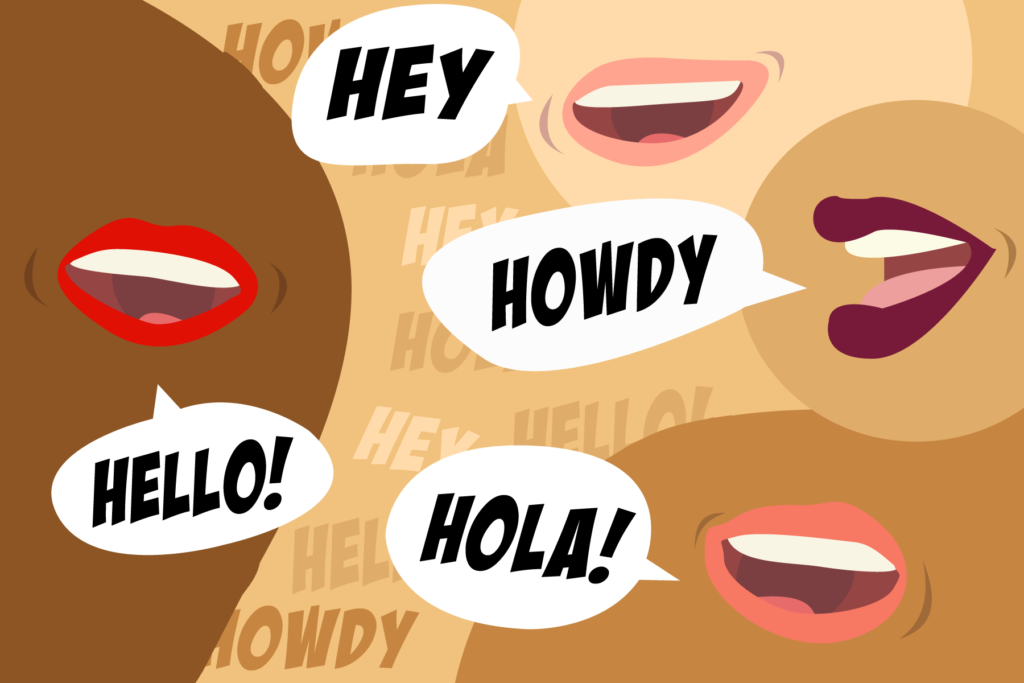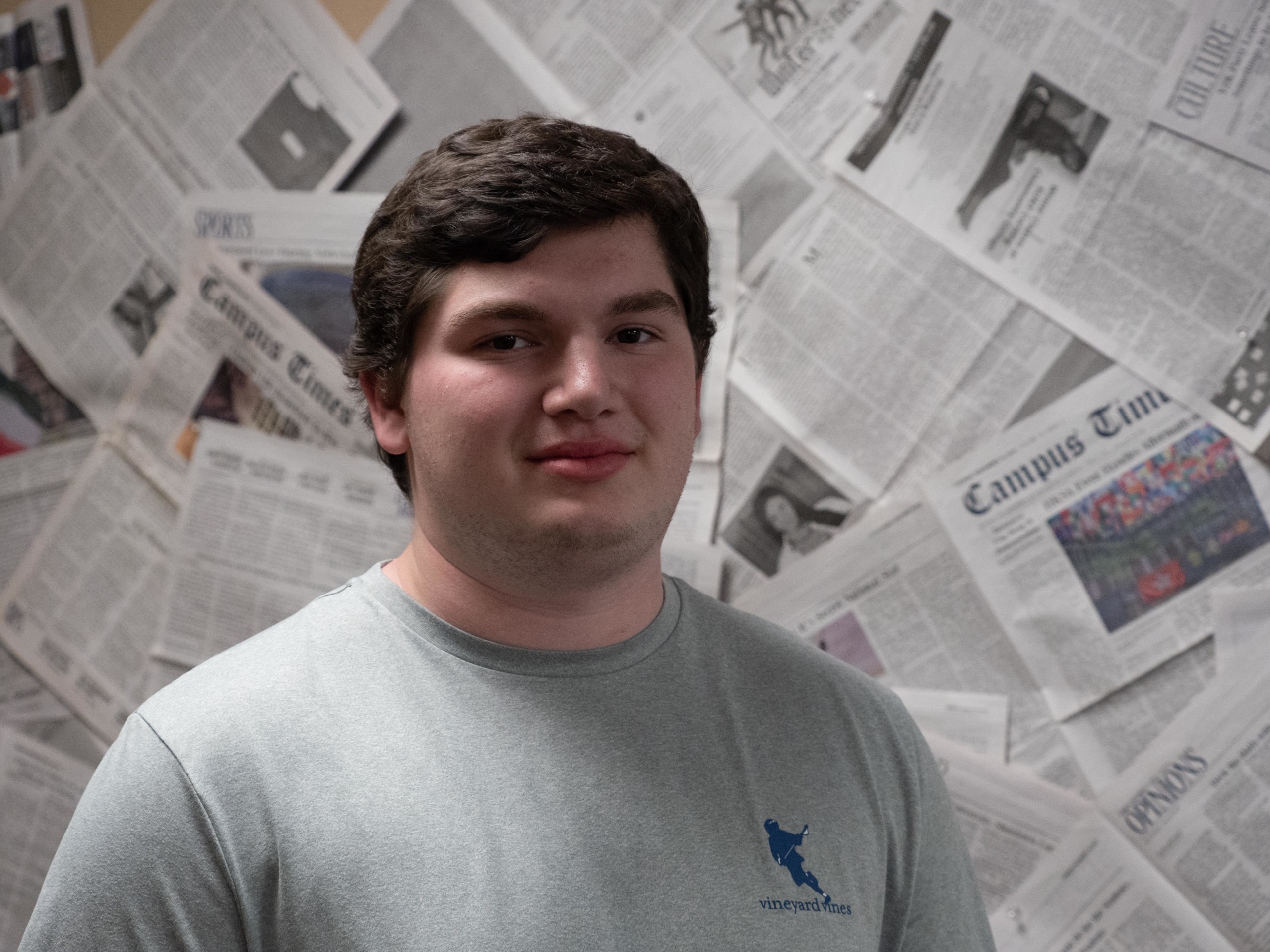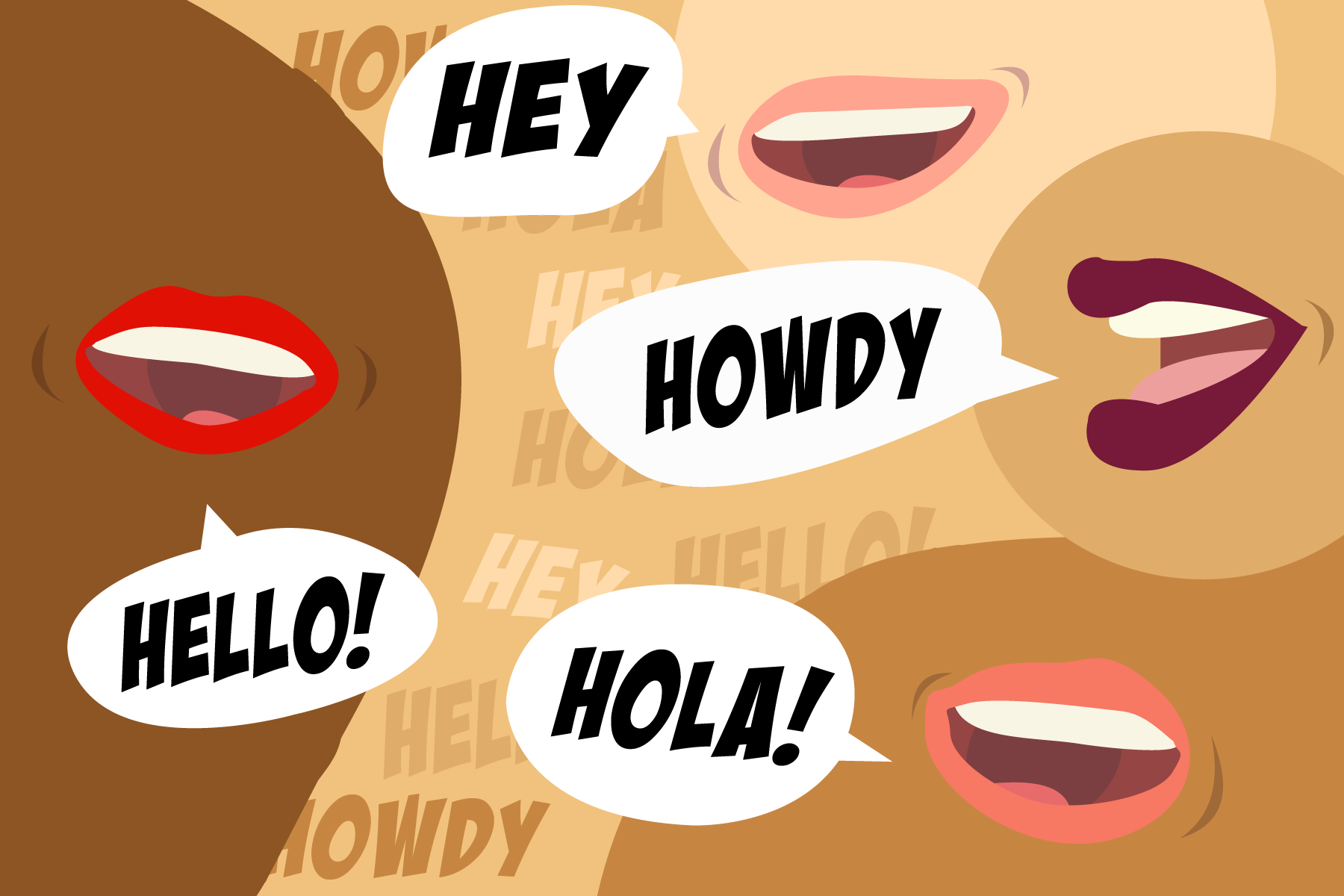I was a senior in high school. Another student and I were putting up the work from our photography class in the hallway. I wasn’t all that surprised when he asked me on a date, given that he’s gay. He, however, was surprised (and a little mortified) when I told him I’m not. I was flattered, and I told him so. Then I asked him what I always ask when people think I’m gay: “Was it the voice?”
His answer was yes, just like dozens of friends, friends of friends, casual acquaintances, classmates, and coworkers. Many of them would eventually become close friends and later admit to me that they thought I was gay at first, because of my voice. I don’t even bother waiting until they’re close friends anymore. I just straight up ask people after we’ve met a few times.
Someone asked me recently if it bothers me when people assume I’m gay. I was a bit surprised by the question because it has never bothered me, even a little: Likely because I was raised in a household where it was very clear that being gay was completely normal. I’ve had gay headmasters, rabbis, and family friends since I was a kid. But I imagine some people would be offended by that.
In sociolinguistics and linguistic anthropology, there’s a concept called language attitudes (or language ideologies). These are beliefs that people have about language, and about the people who use a given language. People will assume, for example, that nonnative speakers of a language are less intelligent, or that speakers of African-American English are untrustworthy. These are stereotypes, and they have insidious effects for those communities.
How many witnesses’ testimonies have been ignored because of the way they spoke? How many loans have been denied because of linguistic attitudes? How many ideas have gone ignored? How many friendships and romances never formed because of the biased assumptions we have about language?
These assumptions are hard to ignore, and you may never have consciously confronted them. But you should. Because who knows what we’re missing because of our assumptions, and what could be if we listened to each other’s words, rather than the accents with which we pronounce them.



